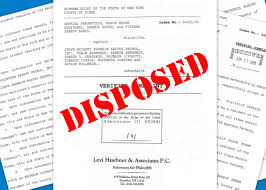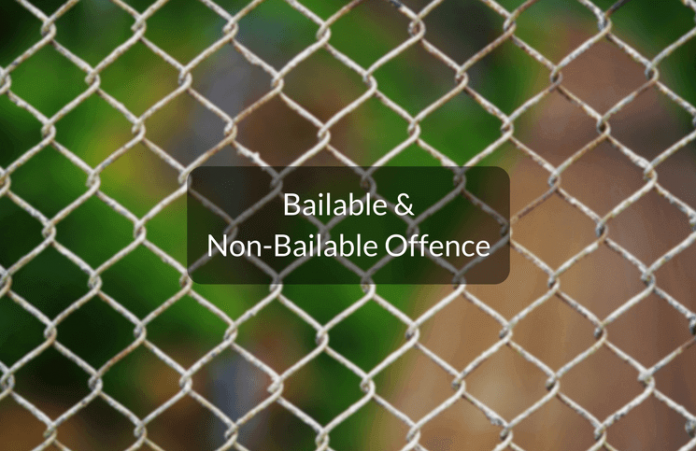
Case Status is Disposed. What does this mean?
- Case status is -“Disposed/ Disposal/ Disposition” are words used synonymously in the legal terminology when the case proceedings are completed. The measuring of the age of case ends on the day cases are “disposed” by the learned court.
- A civil or a criminal case is called disposed only after disposition of all the entered issues or charges in the case on the actual date of dismissal on the last issue/charge disposition.
- A criminal case in district court is said to be disposed on the date the case is bound over to superior court by way of a superseding indictment, a waiver or finding of probable cause, or when the case is finally disposed in the district court by guilty plea, or dismissal or finding of no probable cause.
Nature of Case Disposal
Contested – Otherwise
When the case has been opposed due to issues other than those relating to facts and findings like jurisdiction, then the matter was looked into and said to be disposed accordingly.
Contested – Judgment
The pleadings in the case were disputed, so it was heard by the court, and the judgment was passed by the judge based on the merits deciding the case.
Uncontested – Otherwise
When no one has opposed the facts and findings of the case it means uncontested. Thus, whatever has been filed has been accepted since no one opposed it and the case is disposed after hearing and now no more hearings are due further.
Contested – Dismissed
The claim of the petitioner/plaintiff is disputed, as the petitioner/plaintiff may not have submitted required valid evidences. Dismissal on default is when the case is dismissed for not providing the evidence of the petitioner by remaining absent repeatedly, when process is fixed.
Contested – Compromise
Suit was compromised after a keen contest and since nothing was left to decide with issues settled the matter was disposed.
Dismissed
At many instances, the cases are dismissed even before a plea or trial by the prosecutor or the court. Also, cases are dismissed after the defendant has gone to trial, lost or won the appeal.
Dismissal of criminal cases: Section 203 CrPc
The first task for a defense attorney in a criminal case is to determine whether there are any grounds on which the case could be dismissed before a plea or trial. Common grounds for dismissal include:
- An improper criminal complaint or charging document
- Lack of probable cause to arrest
- An illegal stop or search
- Loss of evidence necessary to prove the defendant committed the crime.
- Lack of evidence to prove the defendant committed the crime
- An unavailable witness, necessary to prove the defendant committed the crime
Dismissal of Civil Cases
Res Judicata (Section 10 & 11 Civil Procedure Court)
“Res Judicata” refers to an issue that has been already decided by the court in a previous case and hence, it cannot be heard again in a subsequent case. The principle of Res Judicata is found on the increasing need for rendering finality to the judicial decisions. The court may dismiss the whole case out rightly, before the final hearing.
In the case of Satyadhyan Ghosal v. Smt. Deorajin Debi, where the principle of Res Judicata is invoked in the case of the different stages of proceedings in the same suit, some factors like the nature of the proceedings, the scope of the enquiry which the law provides for reaching a decision and also the specific provision made on matters related to such decisions are to be considered before the principle is held to be applicable.
Limitation
Some suits have to be filed within a specified time limit after which the court may dismiss it at once without considering any merits or details of the case.
Lack of Jurisdiction
A court may outrightly dismiss the case, if, it does not have requisite jurisdiction, be it pecuniary or territorial.
Dismiss in default (Order IX CPC)
- If neither party appears on the date of hearing then the court is entitled to dismiss the suit, or
- If the Defendant appears and the plaintiff does not appear, then the court is bound to dismiss the suit

 (+91) 022-22640051
(+91) 022-22640051













.jpeg)
.jpeg)
.jpeg)
.jpeg)


.jpeg)

.png)